Fishing with a barbed or barbless hook - Which hook should you choose?
Are you wondering whether to fish with a barbed or barbless hook? You're not alone. This debate has been going on in the fishing world for many years now. We see advantages and disadvantages in each solution. Those in favour of barbless hooks often argue that they are safer for both fish and anglers. Opponents, on the other hand, claim lower mortality rates thanks to the hook penetrating shallower, more sensitive areas. That's why we wanted to answer all the questions you might have about fishing with a barbed or barbless hook.
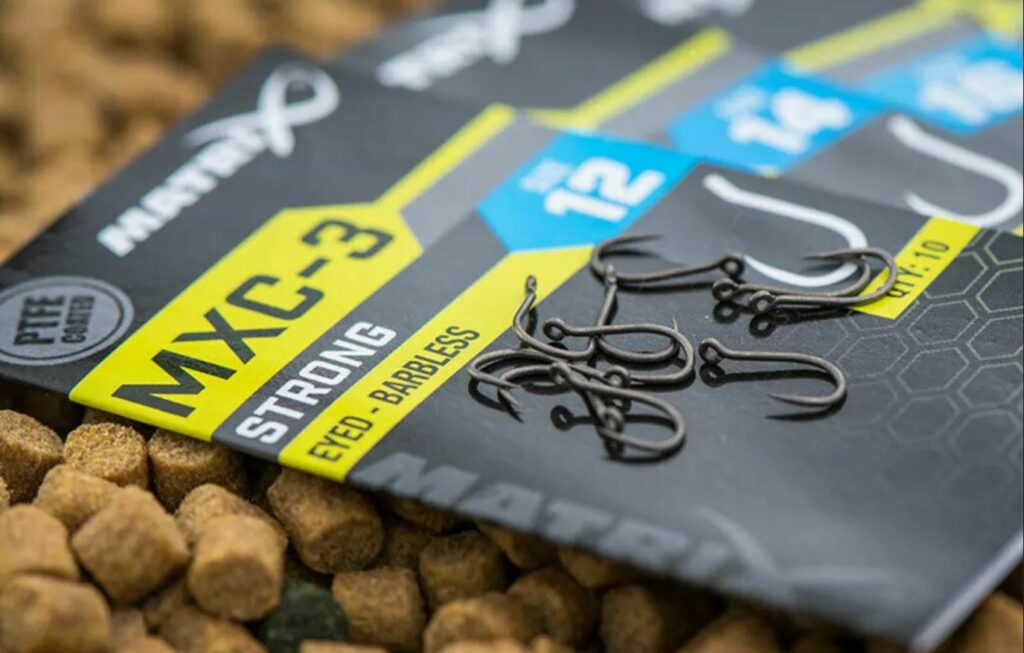
What is a barbed hook?
There are two types of hook available for fishing. Barbless hooks and barbed hooks.
A barb is simply a small triangular piece of metal at the end of a hook. The barb points in the opposite direction to the point, like a hook, in order to penetrate the flesh of the fish while applying resistance in the opposite direction. This prevents the fish from unhooking easily when hooked.
So on paper, a barbed hook has definite advantages, but it also has its drawbacks. Let's look at them in detail, trying to be as objective as possible.
What are the advantages of a barbless hook?
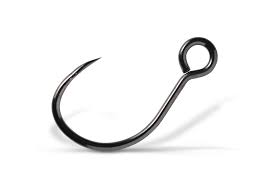
Better shoe penetration
When set, a barbed hook by definition creates resistance to penetration. This little detail makes it less easy to penetrate the point than a barbless hook. In the long run, this increases your chances of losing your fish.
Conversely, a barbless hook penetrates much more easily and requires much less power to strike.
Less chance of injuring the fish
We've all had the bad experience of a fish badly bitten in the gills, eye or back of the throat. These bad experiences do happen and they often leave their mark on us. The purpose of the barb is to hold the hook in the flesh of the fish. As a result, it can play a part in damaging the fish during a fight or when the hook is removed. This damage can lead to the death of the fish, either through infection or inability to eat.
For those worried about the pain fish might feel, most experts agree that fish have very few, if any, nerves in the lips of their mouths. Still, a barbless hook is less likely to injure a fish and increases your chances of releasing it in good health.
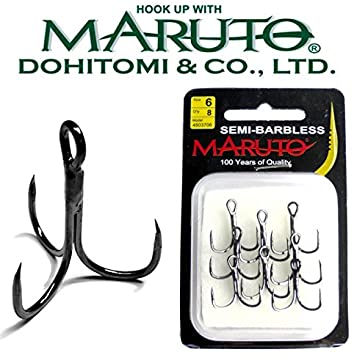
Less chance of injuring the angler
All exotic anglers know this. Fishing with barbless hooks is a prerequisite for any foreign expedition, if not a matter of life and death.
A treble hook stuck in your finger can happen so quickly. What's more, if your fish is still on the end and it comes loose, hello damage... We'll leave you to imagine if this situation happens to you deep in the Amazon or on the open sea miles from the coast.
For this reason, many exotic anglers immediately found a significant advantage in using a barbless hook. Barbless hooks are very difficult to remove and, in many cases, can require a visit to the emergency room. Unfortunately, almost all of us have been victims.
What are the advantages of a barbed hook?
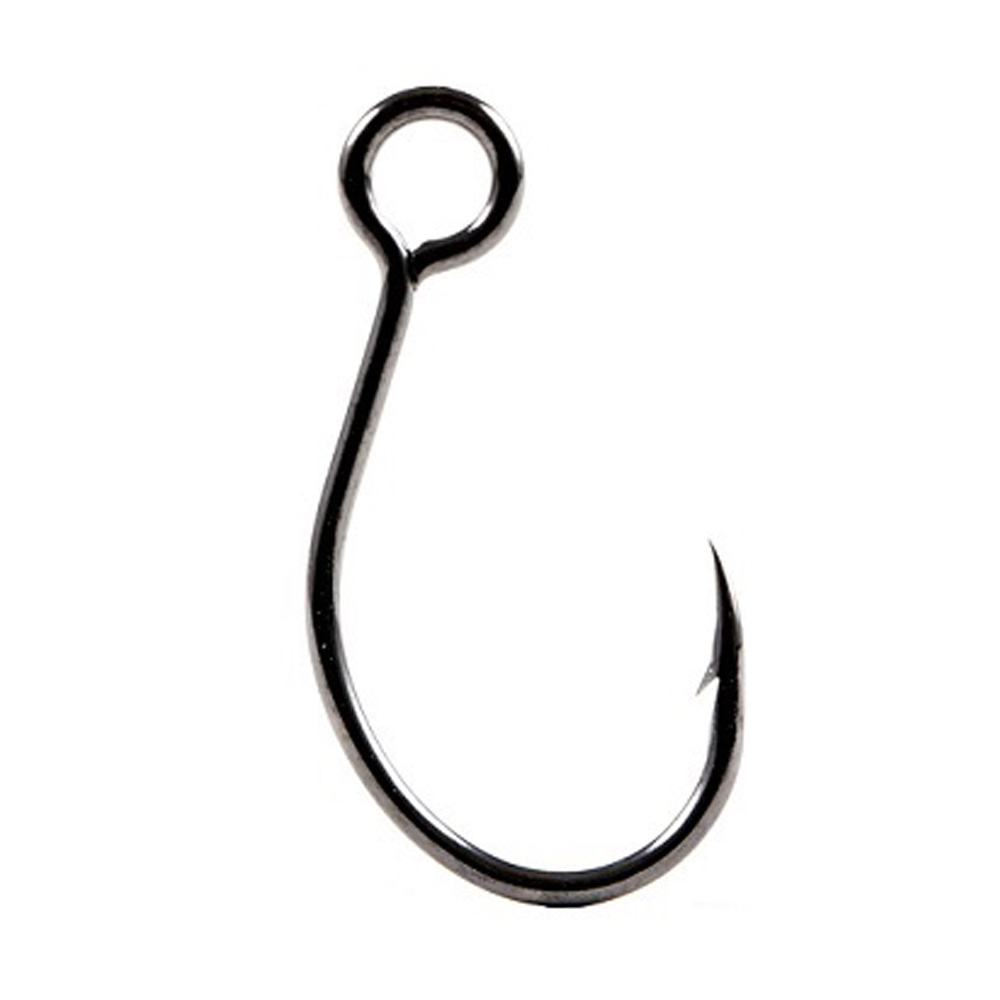
Despite the drawbacks and criticisms, many anglers prefer to use barbed hooks rather than barbless ones. Some use them simply out of habit, while others use them for their intrinsic benefits. Here are some of the reasons why you might consider using barbed hooks:
Better shoeing behaviour
In our opinion, this is the main reason why anglers prefer barbed hooks. Once set, a barbed hook very rarely comes out. This prevents the hook from slipping out of the fish's mouth, becoming unhooked or getting stuck several times.
So the likelihood of losing your fish is definitely lower with a barbed hook than a barbless one.
Availability and prices
It's a fact. It's more common to find barbed hooks in shops or on e-commerce sites. Because of this, they are considered to be the standard fishing hooks in the fishing world. As a result, they are easy to find and less expensive for equivalent sizes than a barbless hook.
Economic constraints and availability currently favour hooks with ardiloons.
Hook with or without barb: Which to choose?
As you will have realised, there is no real answer between using a barbed or barbless hook. Each hook has its own advantages and disadvantages. What's more, each angler may have their own preferences depending on their sensitivities and uses. On closer examination, here are the points that stand out in our opinion.
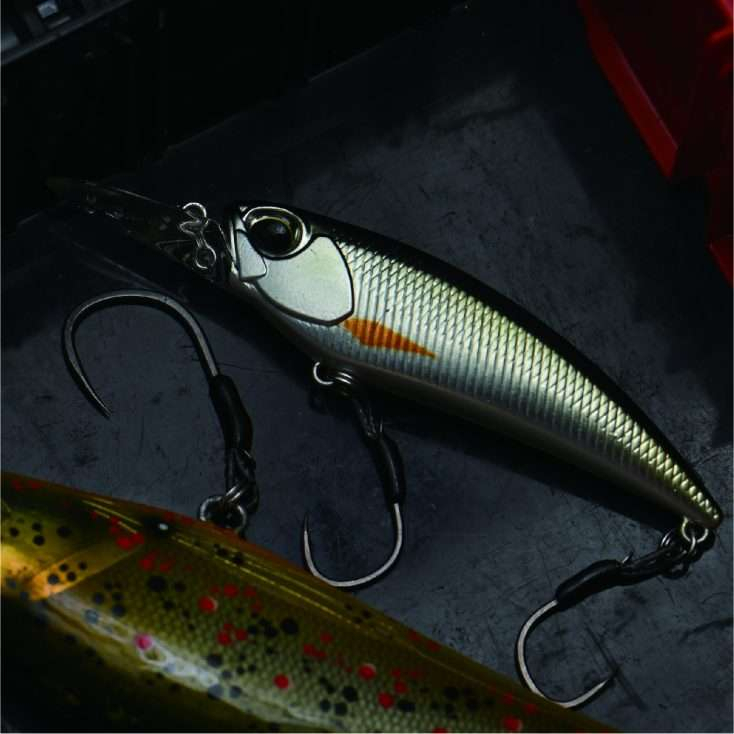
Do you want to ensure your own safety and that of your fish?
The closer you are to the water, the more likely you are to injure yourself with a hook. With a barb, it can be difficult and very painful to remove, and emergency solutions are often the order of the day. Without a barb, you can avoid this inconvenience and very often come away with a small piercing with little impact.
The same goes for your fish. Barbed hooks can cause a lot of damage to fish. If you break during a fight, a barbed hook is likely to remain stuck in the fish's mouth, rust and cause fatal infections. Conversely, a barbless hook is likely to fall out.
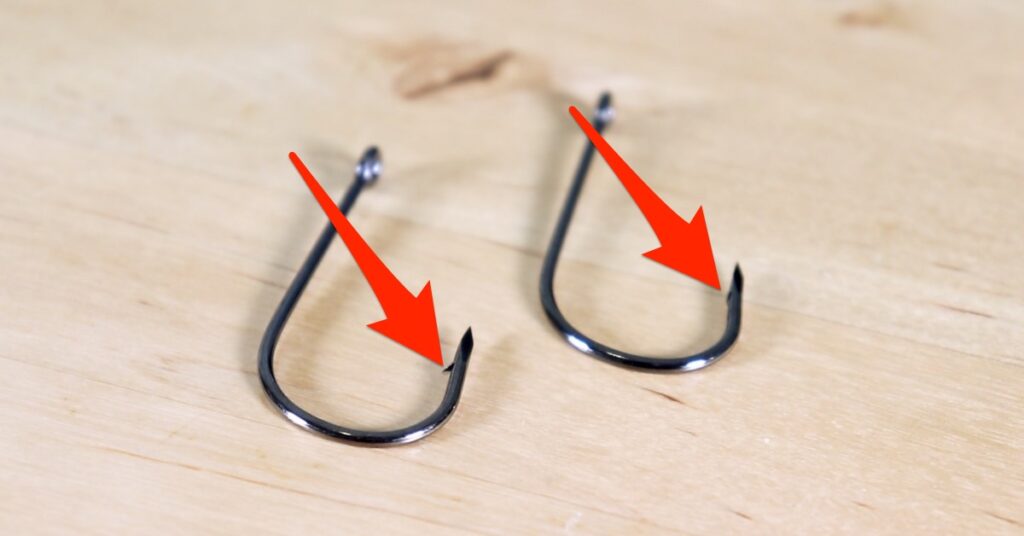
Are you particularly sensitive to these issues and want to protect both your fish and your own safety? Choosing a barbless hook is the solution.
Want to avoid missing out on the fish of a lifetime?
If you're after trophy fish, these are generally more resistant to potential injury. Barbed hooks will give you a better grip and prevent you from missing out on the fish of a lifetime. However, make sure you have the right equipment to shorten the fight and avoid the risk of breakage.
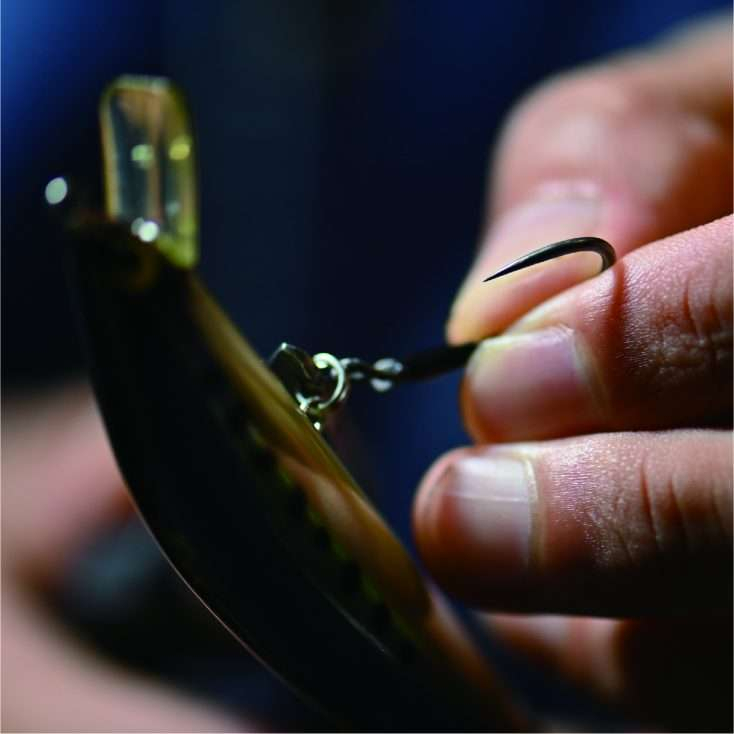
Ultimately, it's up to you to decide what's important. Although barbed hooks reduce your chances of losing your fish, they drastically increase the damage caused to both the fish and yourself. In our opinion, this is the most important issue to be aware of for yourself and for others, bearing in mind that the economic aspect also comes into play.
Useful links to complete this article:
Braid or Nylon: which line to choose for lure fishing?
How to choose your casting reel?
Lure fishing: Which fishing rod to choose according to the lure used?
Casting or spinning: which choice to adopt?